In a world of overwhelming choices and ever-shrinking time, the simple act of shopping has evolved into a curated, artistic experience. Enter the personal shopper—an expert who transforms retail into a tailored journey of style, strategy, and lifestyle.
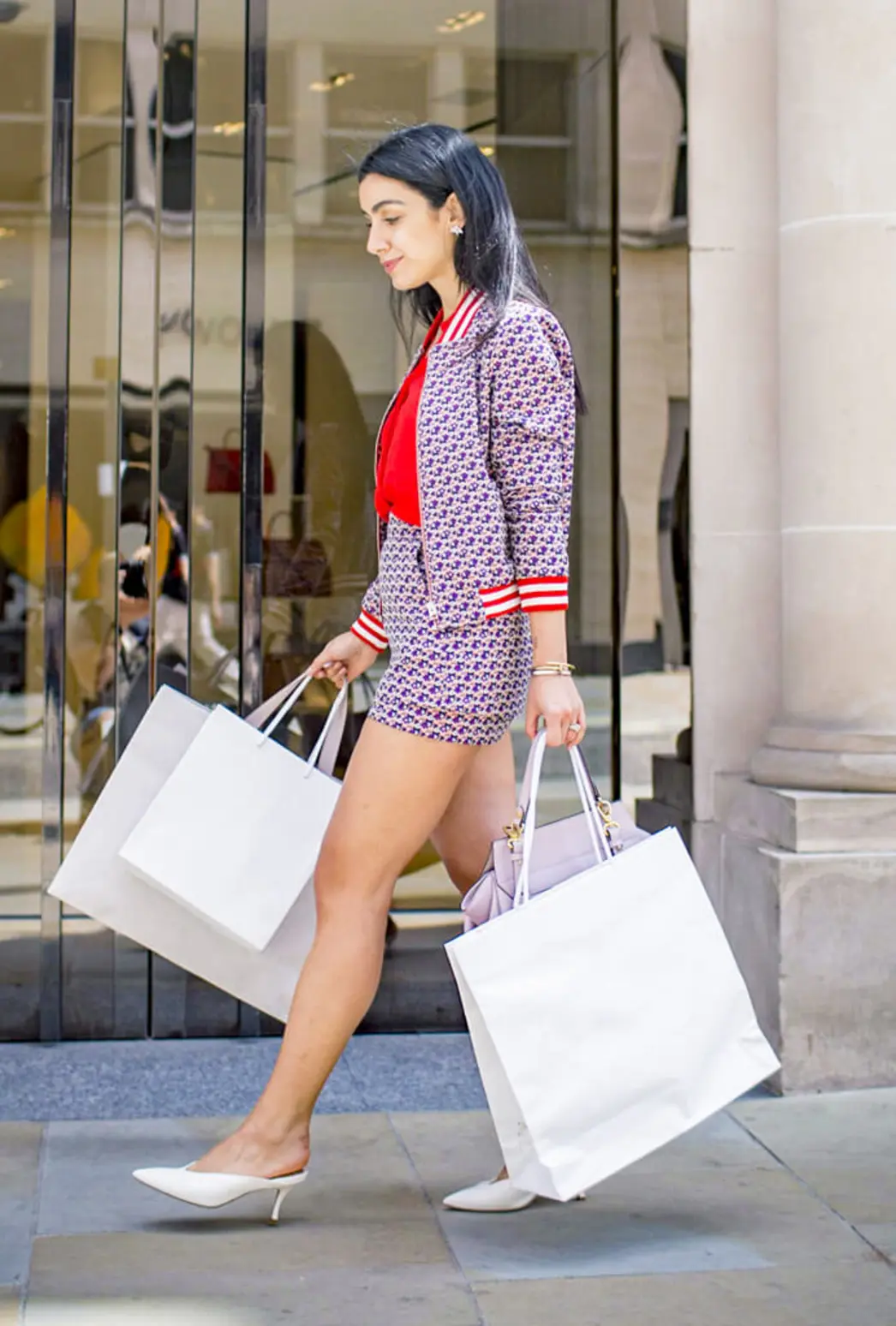
In a world of overwhelming choices and ever-shrinking time, the simple act of shopping has evolved into a curated, artistic experience. Enter the personal shopper—an expert who transforms retail into a tailored journey of style, strategy, and lifestyle.
September 20, 2025
At its core, personal shopping servicesare not just about buying clothes; it’s about crafting identity. Modern personal shoppers are trusted advisors, style architects, and efficiency experts all rolled into one. They understand clients’ lifestyles, professional demands, body types, and even emotional relationships with clothing.
The origins trace back to early 20th-century luxury department stores, which provided exclusive assistance to their wealthiest patrons. But the independent personal shopper as we know it today truly blossomed in the late 20th century, propelled by celebrity culture and the increasingly complex global fashion industry.
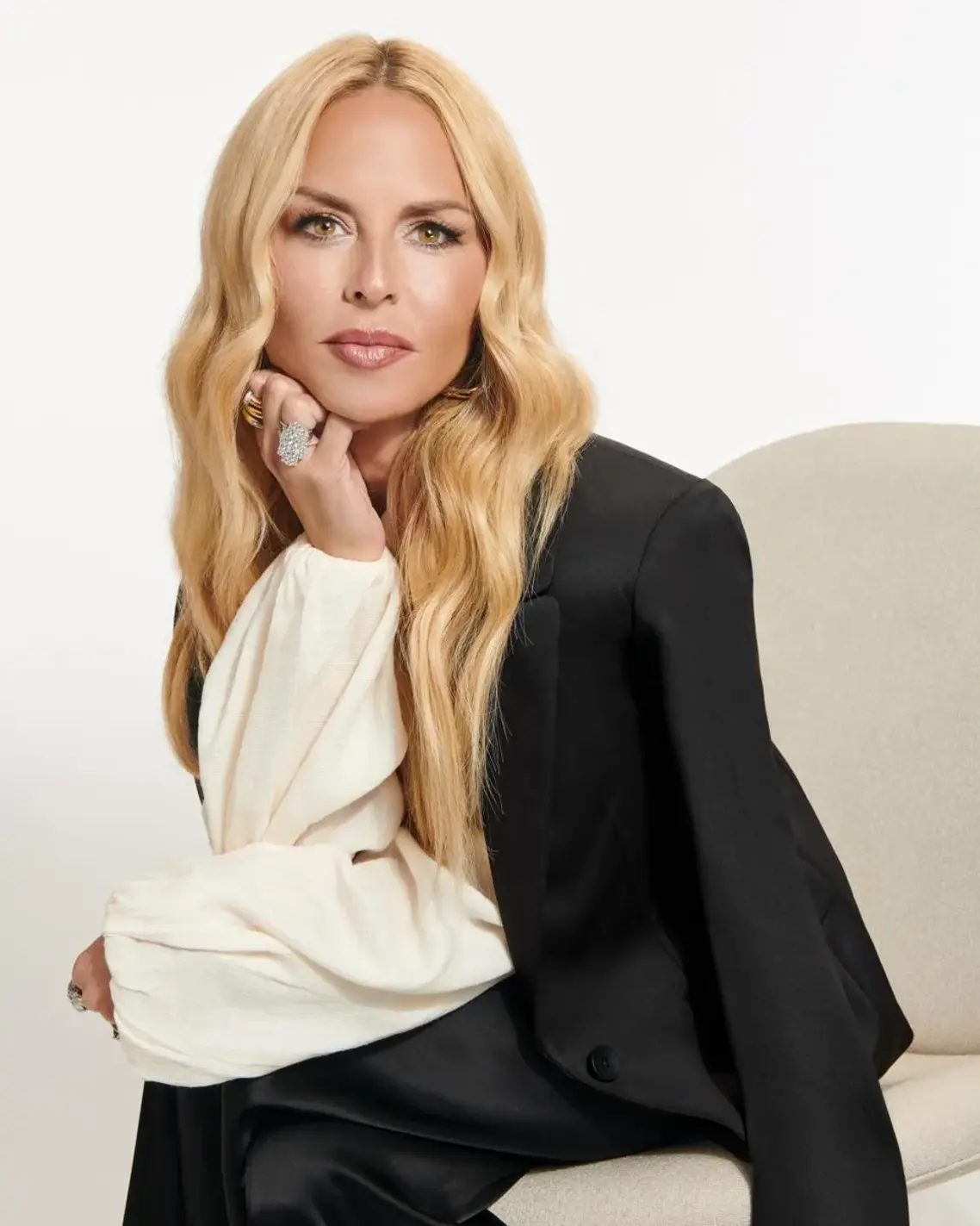
In the early 2000s, Rachel Zoe emerged as a defining figure. Once the stylist to Hollywood’s elite and lauded by Time magazine as one of the most influential stylists of her era, Zoe transformed personal shopping into a high-level service, eventually leveraging her expertise to launch her own fashion brand. Other icons, such as Kate Young and Micaela Erlanger, built global reputations through red-carpet styling, haute-couture curation, and bespoke client services.

Across the Middle East, luxury personal shopping has also reached new heights. In Dubai, Rania Fawaz blends Western couture with traditional Middle Eastern elegance for ultra-affluent clients. In Riyadh, Hindash Atelier serves members of royal families and high-profile celebrities, demonstrating that tailored style is both an art and a strategic service. Similarly, Noor Al Shammari in Qatar specializes in creating bespoke wardrobes that merge global trends with local cultural aesthetics.
The idea that personal shopping is only for celebrities or the ultra-rich is increasingly outdated. Today, personal shoppers serve a broad clientele: time-strapped professionals seeking a polished image, individuals undergoing life transitions, “fashion-phobes” intimidated by choice, aspiring style icons refining their personal brand, discerning gift-givers, and global travelers needing specialized wardrobes.
Financially, personal shopping is highly lucrative. Independent stylists typically charge $50–$300 per hour, while elite consultants may exceed $500 per hour. Full wardrobe overhauls for high-net-worth clients can range from $5,000–$15,000+, and long-term retainers often run $1,000–$10,000 per month. In major fashion capitals like New York or London, top professionals can earn $200,000–$500,000+ per year, a testament to the global value of bespoke service.
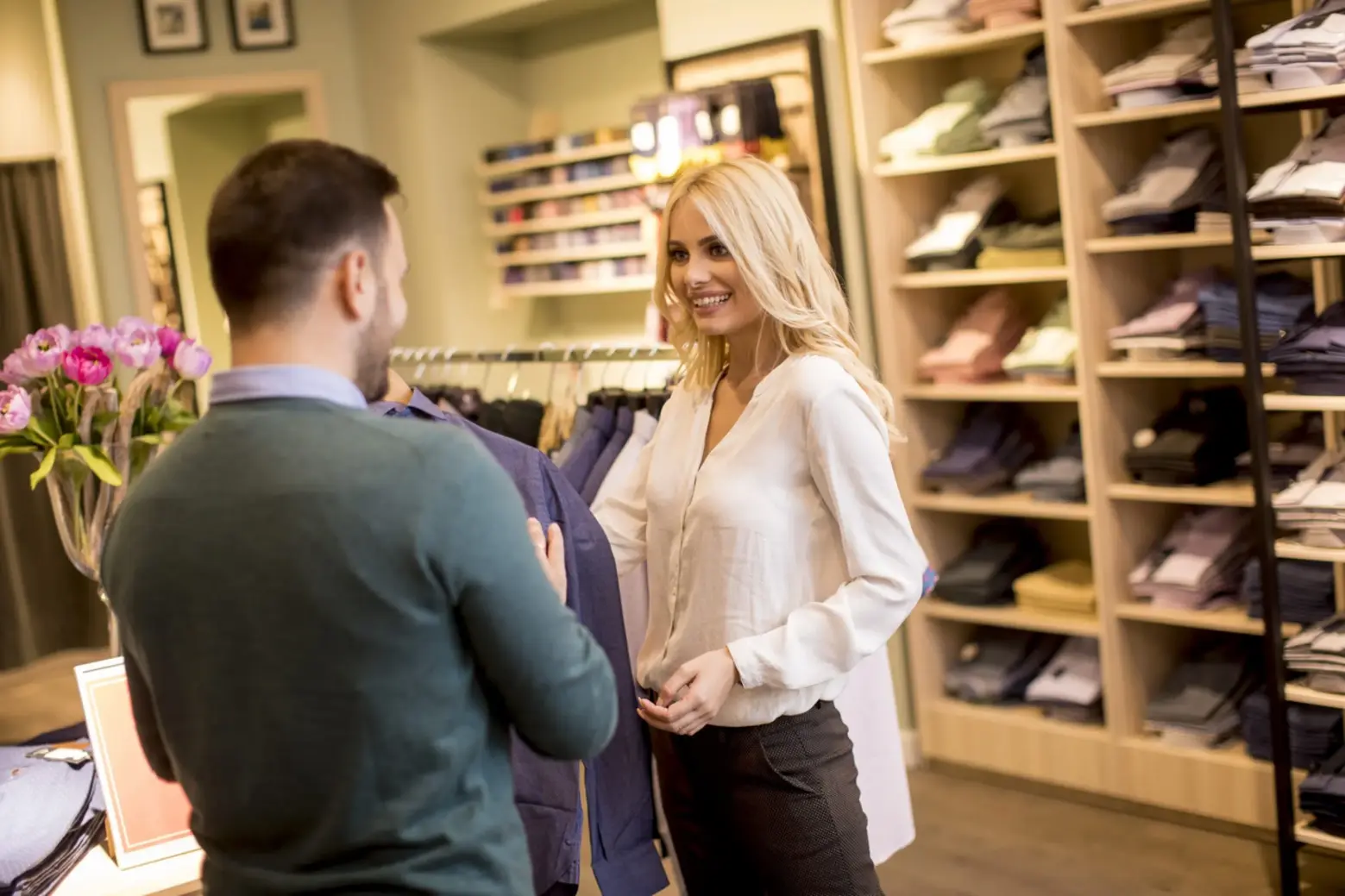
Market data underscores this growth. Statista reports that the global personal luxury goods market—central to personal shopping services—was valued at approximately €350 billion ($380 billion USD) in 2023 and is projected to rise to €540–580 billion ($585–630 billion USD) by 2027. The expansion signals a clear demand for curated, high-value experiences worldwide.
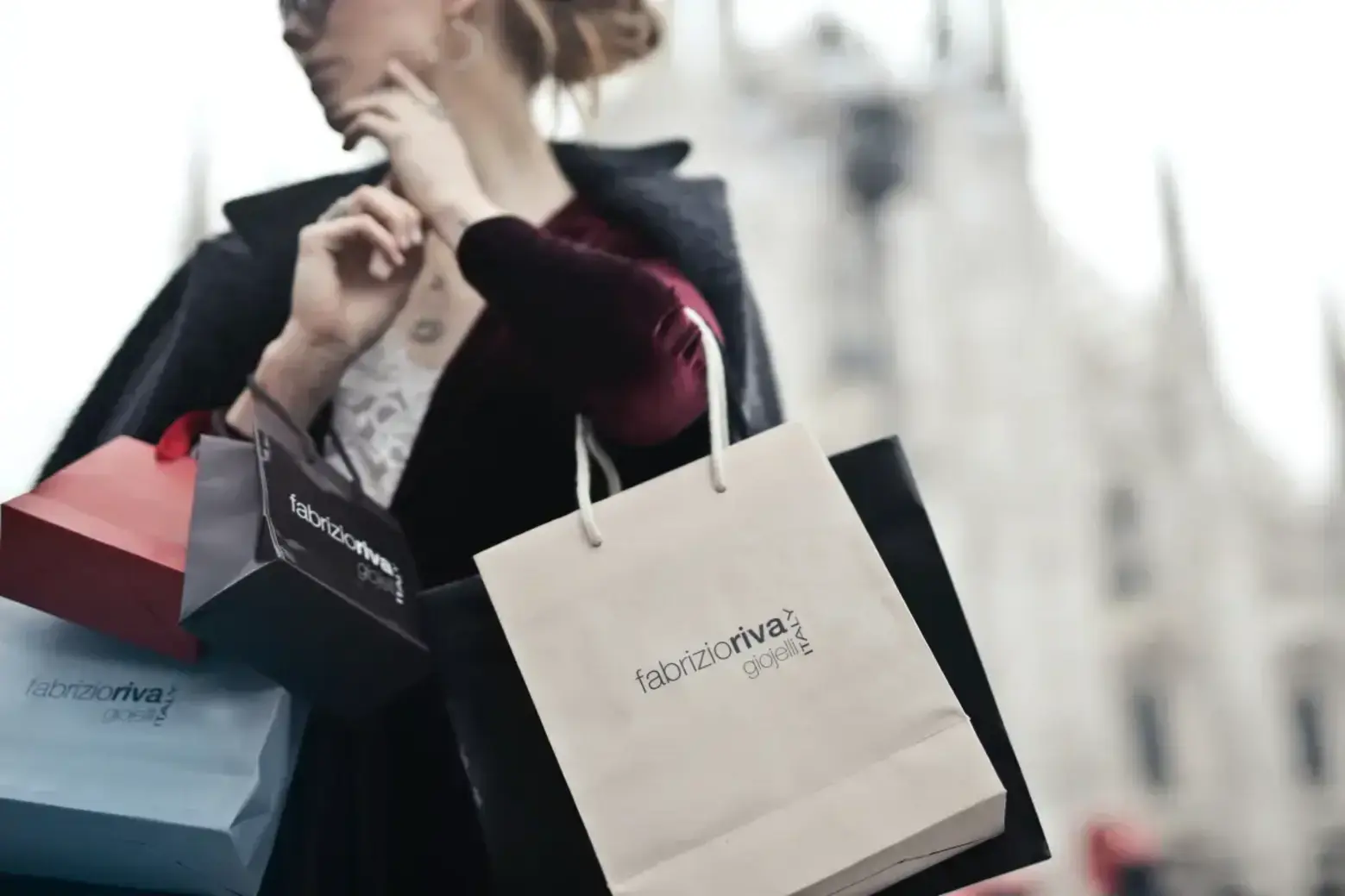
Today's personal shopper clients include time-strapped professionals who lack shopping time but need a polished image, individuals undergoing life transitions (like new jobs or body changes) seeking a refresh, "fashion-phobes" who find shopping overwhelming, aspiring style icons aiming to refine their personal brand, discerning gift givers, and global travelers needing specialized wardrobes. For the personal shopper themselves, income varies significantly but can be very lucrative, with most operating as independent consultants. Many personal shoppers charge between $50 to $300+ per hour, with elite stylists commanding over $500 per hour. For extensive services like a full wardrobe overhaul, a flat fee might range from $500 to several thousand dollars, with a comprehensive seasonal wardrobe update for a high-net-worth individual potentially reaching $5,000 to $15,000+ per project. Long-term client relationships often involve monthly or annual retainers, typically ranging from $1,000 to $10,000+ per month. A highly experienced and sought-after personal shopper in major fashion capitals like New York or London can easily earn a six-figure income annually, with top professionals reaching $200,000 to $500,000+ per year.
New York remains a global hub for innovation in luxury personal shopping. Institutions like Bergdorf Goodman and Saks Fifth Avenue offer comprehensive personal shopping programs, while independent stylists serve executives, celebrities, and international clients. Digital tools — from AI-assisted recommendations to virtual fittings — now extend the reach of the personal shopper beyond physical borders.
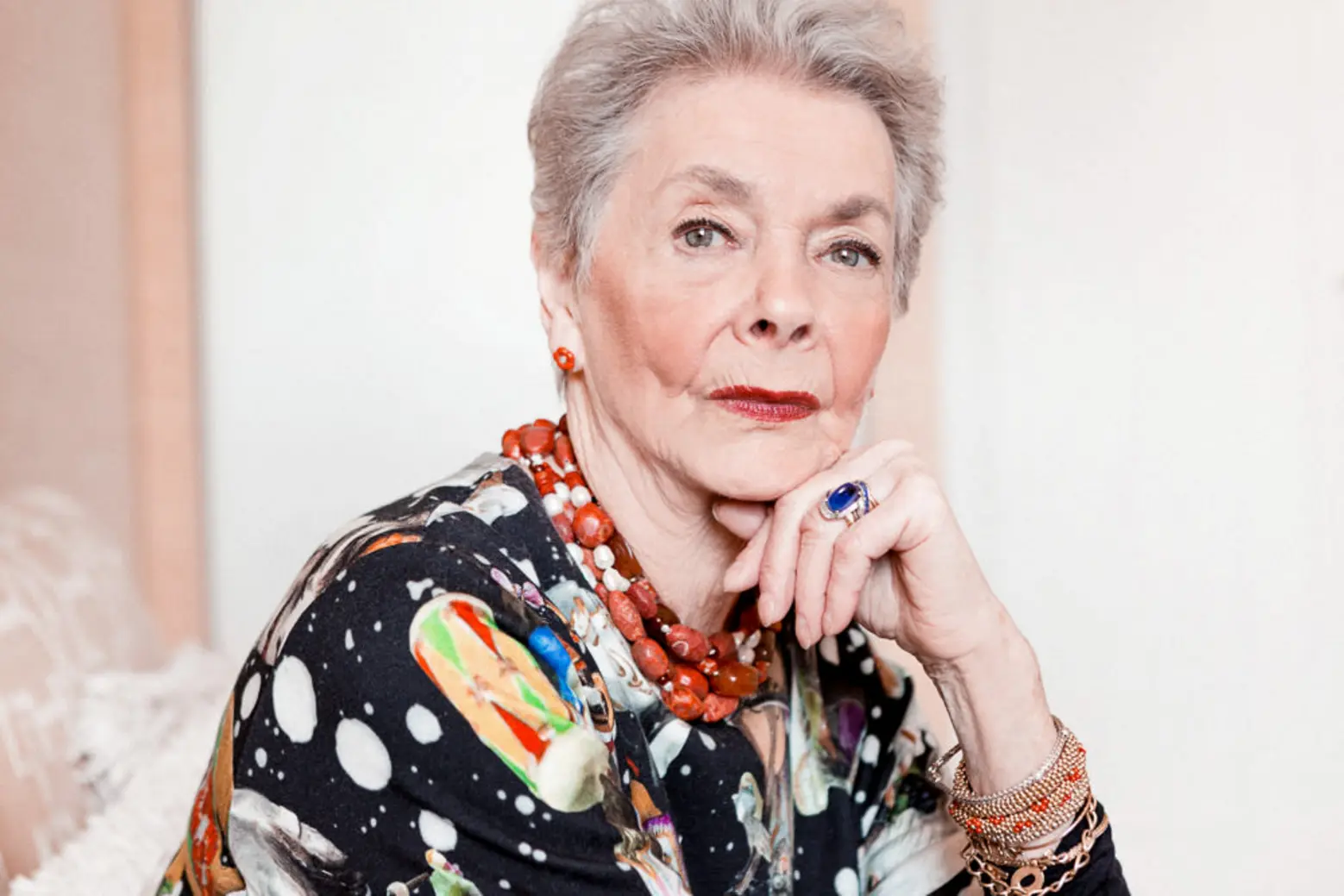
In London, the emphasis shifts toward discretion and lifestyle cohesion. Personal shoppers in Mayfair and Chelsea offer holistic services: wardrobe audits, investment dressing, accessory curation, and long-term curated lifestyle planning.

The personal shopping sector is poised for an even brighter future, powered by transformative trends. Despite the rise of online retail, expert curation is more valuable than ever. The modern personal shopper uses digital platforms for research, virtual consultations, and remote shopping experiences. AR try-on technology and virtual wardrobe tools are reshaping client engagement, with the AR retail market expected to reach $18.8 billion by 2028.
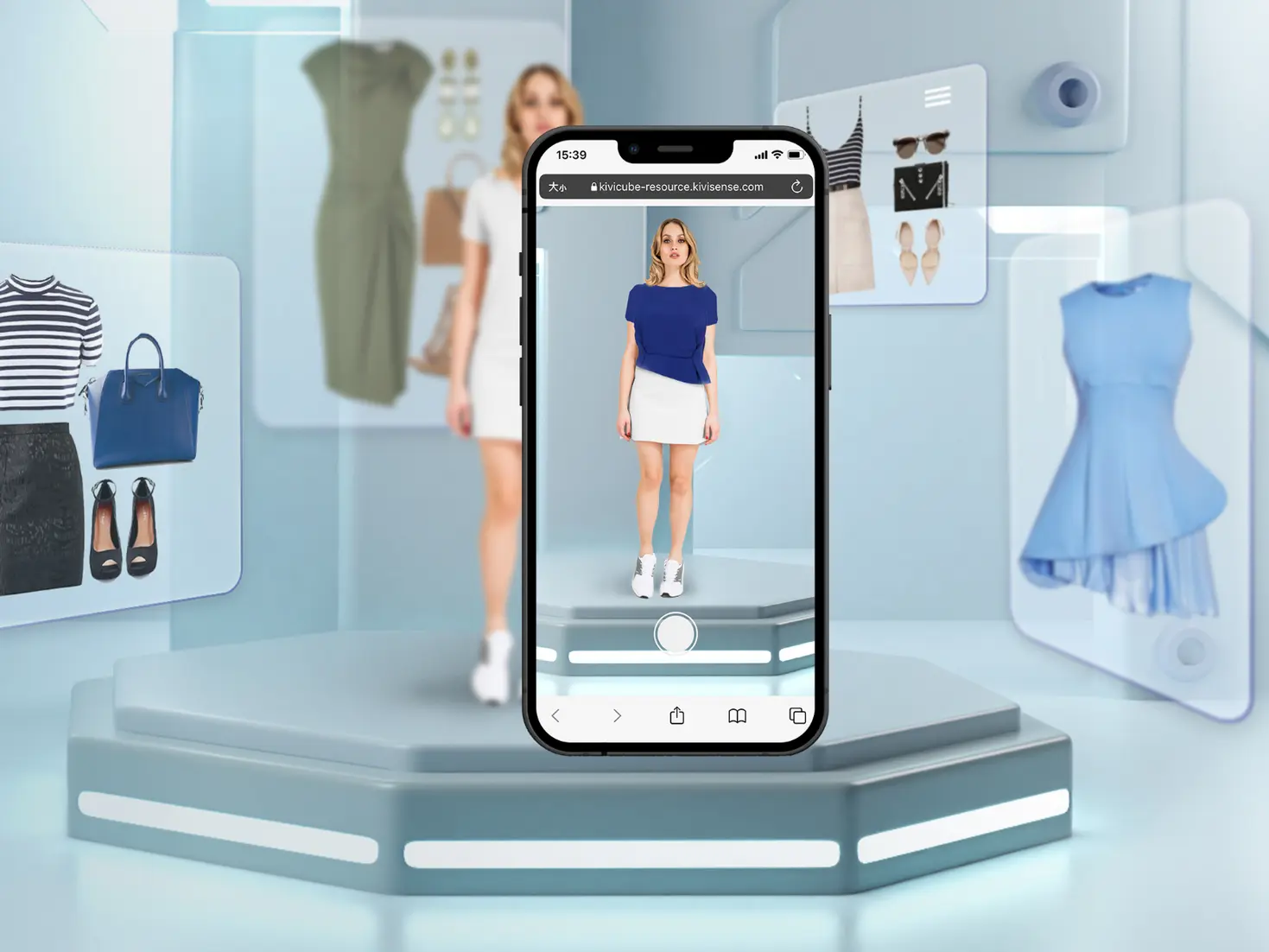
Personalization remains the defining value. A 2023 Accenture survey found that 91% of consumers prefer brands offering tailored recommendations — reinforcing the importance of human-led curation. Sustainability further amplifies demand, as professional shoppers increasingly guide clients toward ethical brands, timeless design, and intentional consumption.
Sustainability also drives demand. Personal shoppers are guiding clients toward ethical brands and timeless pieces. The ethical fashion market is expected to reach $11.1 billion by 2025, while the men’s luxury fashion market is projected to exceed $700 billion by 2027. AI and CRM technologies improve efficiency, but the human touch remains irreplaceable. Personal shopping sessions are also experiential, offering education and enjoyment, which enhances client retention rates—often as high as 70–80% annually.
From Rachel Zoe in Hollywood to discreet advisors in New York, London, Riyadh, and Dubai, the personal shopper has evolved into a true lifestyle architect. At this level, fashion becomes strategy, service becomes partnership, and a wardrobe becomes a reflection of values and intent.
In the modern luxury landscape, personal shopping is no longer optional — it is essential. And for those who master both taste and trust, it represents one of the most refined expressions of curated lifestyle in the 21st century.